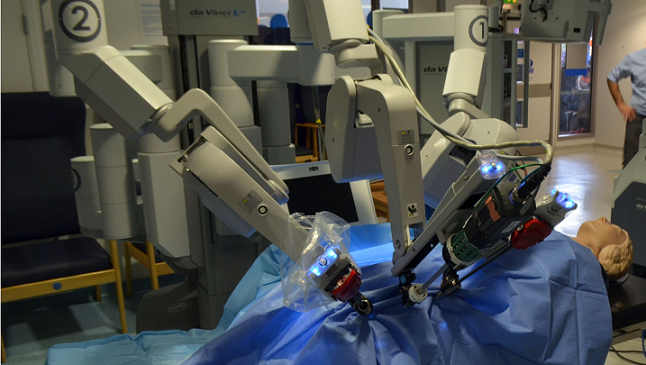This article discusses the dangers of autonomous robots in the context of a dangerous robotics event at a Volkswagen plant in Germany in 2015. The article calls for more attention to the safety of autonomous robotics systems.
The article begins as follows:
Last month, a robot grabbed a worker at a Volkswagen plant in Germany, crushing and killing him. This tragic though fairly common incident has drawn attention to the growing dangers of robotics and artificial intelligence (AI).
As computers become smaller, smarter, faster and more interconnected, we will delegate more tasks to them. Generally, this will make our lives easier, because we will spend less time researching information, getting directions, or driving cars. Well-designed programs can often do these sorts of tasks better than we can.
But as we delegate more to computers, more can go wrong. When a GPS navigation system fails, you can get lost; when a self-driving car fails, you can die. So as computers take on increasingly important roles, more effort is needed to ensure they are safe and reliable.
The remainder of the article is available in The Guardian.
Image credit: Cmglee
This blog post was published on 28 July 2020 as part of a website overhaul and backdated to reflect the time of the publication of the work referenced here.










